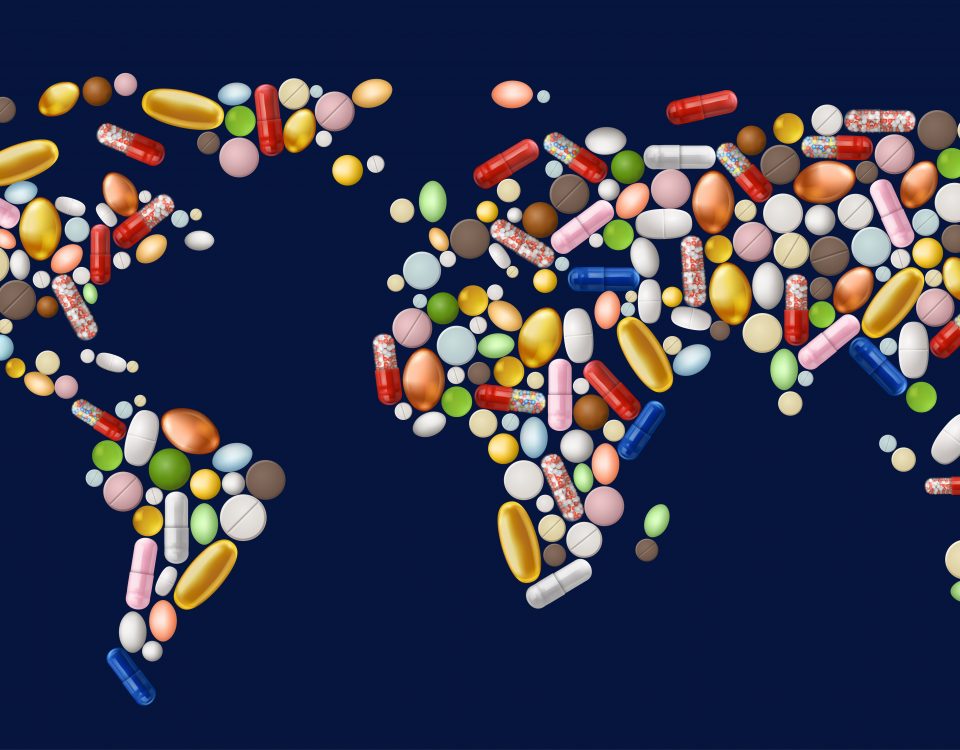Blog
The War on Drugs in America has been ongoing for forty-five years. Richard Nixon famously declared drugs America’s “public enemy number one” in 1971. Since then our police force has been trained to take a hard-line stance on drugs, criminalizing most drug users.
Considering that drug use is at an all-time high in America after nearly fifty years of warring on drug addicts, sending them to prison instead of drug rehab centers. Perhaps, maybe it’s the time that we should consider trying a different tactic. According to Drug Policy Alliance more than $51,000,000,000 on the War on Drugs and 1,297,384 people were arrested for possession of drugs alone. Below are a list of countries that do things differently and how we can learn from them to liberate America from the chains of drug addiction and get drug addicts in detox treatment facilities and out of prisons.
Norway
By contrast, Norway convicted 137,900 people were charged according to Drugwarfacts.org. And 48 percent of charges were infringements, not criminal offenses. Norway, of course, has less people than the United States. Federal Bureau of Prisons reports that 46.4 percent of total inmates in the U.S. were convicted of drug related crimes. In addition, the Scandinavian country treats their prisons as rehabilitation clinics, dealing with the problems the inmate has and readying them for the outside world.
The Netherlands
Despite Amsterdam’s notoriety as pot capital of Europe, The Netherlands National Report found that the Dutch are actually smoking less marijuana per capita than the United States. 41 percent of Americans above the age of twelve will try smoking marijuana in their lifetime while only 35 percent of the Dutch above fifteen will smoke marijuana in their lifetime. Taking criminality out of recreational use does not bring down the rate of drug use. Despite the United States’ harsh drug laws, we continue to be the number one country of drug abusers.
Czech Republic
Despite the country’s relaxed stance on possession of drugs, specifically psychedelic mushrooms, only 4.3 percent have tried mushrooms according to the European Monitoring Centre for Drugs and Drug Addiction. Instead of criminalizing the issue, the country’s Ministry of Education promotes strategies of prevention that do not include brute force and prisons.
Portugal
In 2001 the former empire of Portugal decriminalized small quantities of all drugs. They remained illegal, but they decided instead to treat drug addiction as a public health issue. According to the Drug Alliance Policy, adolescent drug use has declined since 2003.
Switzerland
Since the 1980’s the neutral nation of Switzerland has implemented a policy of prevention, therapy, and law enforcement. Before that, in the 1960’s the drug problem the country had continued to explode despite their continued war on drugs. After easing their grip on drug criminality, 70 percent of opiate users now receive treatment according to Swiss Doctor Ambros Uchtenhagen.
The War on Drugs has not helped our countries skyrocketing drug issue. Getting angry at a problem will not help it. We need to implement strategies that include detox facilities, drug rehab centers, outpatient therapy and counseling. Only with persevering tolerance will we get our country off drugs and out of prisons.




